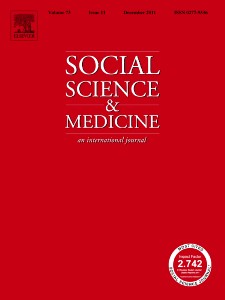 A highly cited paper has received a major correction as a result of the ongoing battle over attitudes towards gay people, when a prominent — and polarizing — critic showed it could not be replicated.
A highly cited paper has received a major correction as a result of the ongoing battle over attitudes towards gay people, when a prominent — and polarizing — critic showed it could not be replicated.
In December 2017, researchers led by Mark Hatzenbuehler of Columbia University corrected the paper, originally published in Social Science & Medicine in February 2014, which showed that gay people who live in areas where people were highly prejudiced against them had a significantly shorter life expectancy. The corrigendum came more than a year after a researcher who has testified against same-sex marriage was unable to replicate the original study.
“Structural stigma and all-cause mortality in sexual minority populations,” has been cited 102 times, according to Clarivate Analytics’ Web of Science, and attracted media coverage when it was published, from outlets such as Reuters and U.S. News & World Report.
Continue reading Study that said hate cuts 12 years off gay lives fails to replicate

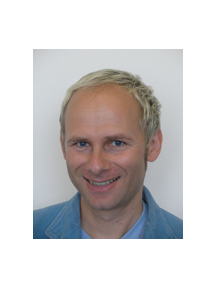
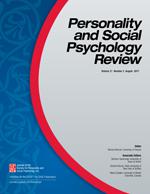 Can seeing a weapon increase aggressive thoughts and behaviors?
Can seeing a weapon increase aggressive thoughts and behaviors? 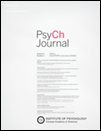 The authors of a 2017 paper on emotional and behavioral gaps between boys and girls have retracted the article after discovering a coding error that completely undermined their conclusions.
The authors of a 2017 paper on emotional and behavioral gaps between boys and girls have retracted the article after discovering a coding error that completely undermined their conclusions. 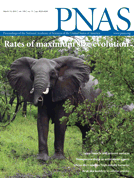
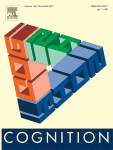 A social psychologist has retracted a second paper that contains “fabricated or manipulated data.”
A social psychologist has retracted a second paper that contains “fabricated or manipulated data.”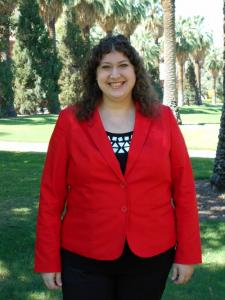
 A social psychology journal has added an expression of concern to a paper by
A social psychology journal has added an expression of concern to a paper by